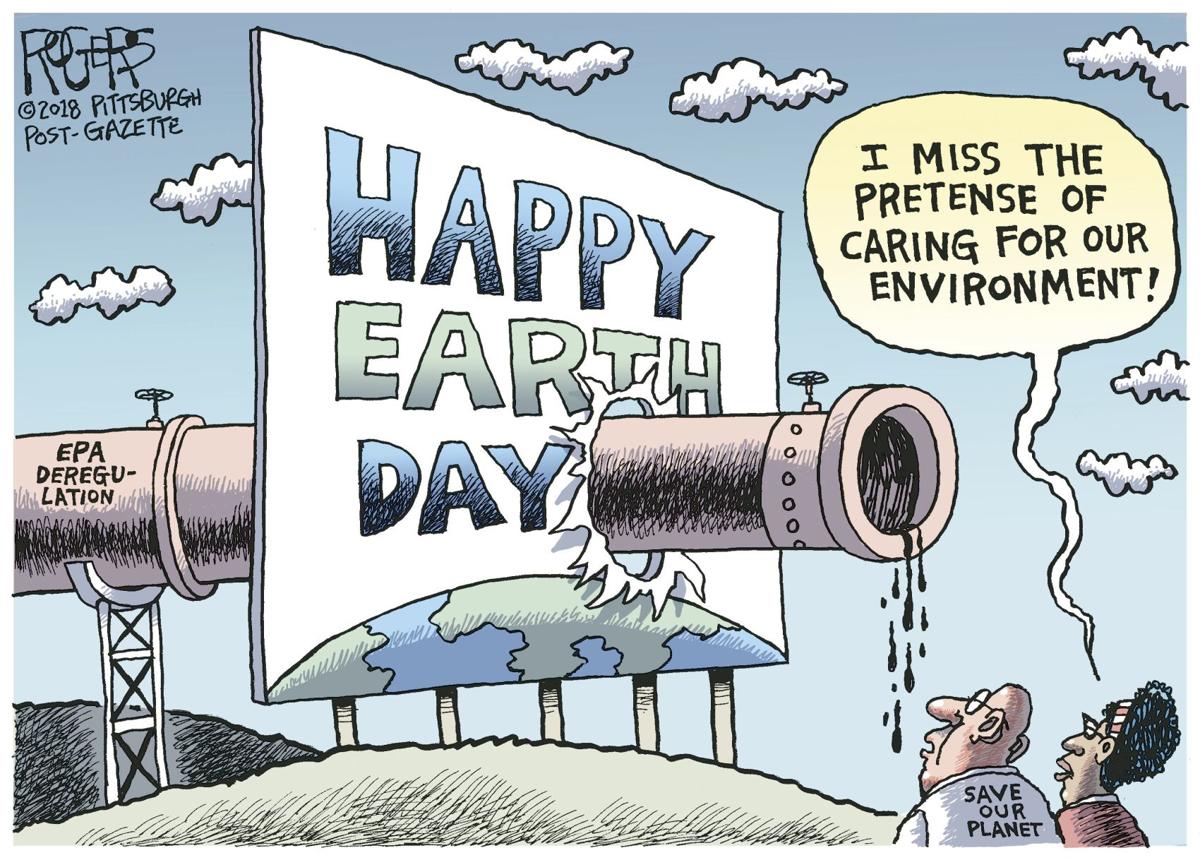![]() Humans must learn to live our lives using less energy and less material stocks. We need to stop overuse of the Earth's natural capital. The Earth is sacred, we should treat it as precious. Some of us need to learn how to live lightly on the Earth.
Humans must learn to live our lives using less energy and less material stocks. We need to stop overuse of the Earth's natural capital. The Earth is sacred, we should treat it as precious. Some of us need to learn how to live lightly on the Earth.
The Endless Processing of More
Equity Between Humans
The argument is often made that ![]() human survival on Earth is threatened more by failure to understand the carbon cycle than by
human survival on Earth is threatened more by failure to understand the carbon cycle than by ![]() population growth. When you look at what the world as a whole needs to achieve that becomes a silly argument. We need to create a world where everyone, in normal times, has a good standard of living, regardless of what country you are born in, or where you choose to live. The principle of equity should be applicable to every human being. Hence each person should be able to earn a living without being a slave. Each of us should be secure about our food supply. We would expect in a modern world that basic medical care would be available to all. But there's a cost; each of us adds to the destruction of the planet. That cost should be equally borne, none of us is entitled to more than a fair share of scarce resources, like the remaining easily exploitable oil, and we should have equal shares in the ability to add carbon dioxide to the atmosphere. More locally, each of us has some rights to land use and fresh water, but how those rights are recognised in practice varies widely from place to place.
population growth. When you look at what the world as a whole needs to achieve that becomes a silly argument. We need to create a world where everyone, in normal times, has a good standard of living, regardless of what country you are born in, or where you choose to live. The principle of equity should be applicable to every human being. Hence each person should be able to earn a living without being a slave. Each of us should be secure about our food supply. We would expect in a modern world that basic medical care would be available to all. But there's a cost; each of us adds to the destruction of the planet. That cost should be equally borne, none of us is entitled to more than a fair share of scarce resources, like the remaining easily exploitable oil, and we should have equal shares in the ability to add carbon dioxide to the atmosphere. More locally, each of us has some rights to land use and fresh water, but how those rights are recognised in practice varies widely from place to place.
Economic Growth for Employment Creation
Governments have tried to solve their problems by growing the economy to create employment. This has caused them to promote consumption, even wasteful consumption on the basis that it keeps people in a job. However on a planet short of resources, where energy use is changing the climate. Where the ability of nature to process human waste is being overwhelmed, we have to rethink our activity. There is a massive need to focus scarce resources on the production of better education, and the introduction of ![]() green technologies. The idea that consumption is a desirable activity needs to be modified. Many of us need to consume much less. In other parts of the world, people in general need to consume much more. They also need to opportunity to earn incomes so that their consumption is possible.
green technologies. The idea that consumption is a desirable activity needs to be modified. Many of us need to consume much less. In other parts of the world, people in general need to consume much more. They also need to opportunity to earn incomes so that their consumption is possible.
Pricing "Bad's"
 Governments have tried to promote consumption by subsidising energy use, transportation and agriculture. These actions are contrary to
Governments have tried to promote consumption by subsidising energy use, transportation and agriculture. These actions are contrary to ![]() good sustainability practice. Governments should instead focus on
good sustainability practice. Governments should instead focus on ![]() creating prices for pollution of the environment and for the use of mined materials and for water use and for the social cost of production. As in any auction, those prices should be set by market forces at a level that clears the floor. It's up to the government to crate the supply on the floor. In many cases the equitable supply would be so much per person. The revenue from selling the allocation should in principle also flow to each person. That encourages those who can to conserve, and makes supply available to those who feel they must buy the allocation.
creating prices for pollution of the environment and for the use of mined materials and for water use and for the social cost of production. As in any auction, those prices should be set by market forces at a level that clears the floor. It's up to the government to crate the supply on the floor. In many cases the equitable supply would be so much per person. The revenue from selling the allocation should in principle also flow to each person. That encourages those who can to conserve, and makes supply available to those who feel they must buy the allocation.
Over Consumption
Those who live in rich counties, (like me) are already over-using the planet, and our lifestyle has to be restrained not expanded, in terms of the materials we use and the waste we produce and the energy we need. There is a theory about how this might be accomplished called ![]() "Contraction and Convergence" which has been promoted by the Global Commons Institute [GCI] since the early 1990s.
"Contraction and Convergence" which has been promoted by the Global Commons Institute [GCI] since the early 1990s.
Under Consumption
Those in developing countries need to be able to consume more, but in doing so they need to create little waste and conserve energy. The people in developing countries, especially in China, are likely to discover for us all, and appropriate style, technology and standard of living that China can support in a sustainable way. That is likely to become how most people in the world will live.
For people like me in the industrialised West, I expect that we'll be required to take a drop in living standards. Here in New Zealand that's quietly been happening anyway, despite strenuous efforts to make the economy "grow".
Hurricanes, Floods & Fires of 2023 Are Just Beginning of Climate Emergency
Dr Peter Kalmus: (13 minutes)
Published by: Democracy NOW - Sept. 2023
Climate activist and scientist Peter Kalmus calls for President Biden to declare a climate emergency in order to unleash the government's ability to transition away from fossil fuels. "The public just doesn't understand, in my opinion, what a deep emergency we are in," says Kalmus. "This is the merest beginning of what we're going to see in coming years." Kalmus blasts the fossil fuel industry for manipulating politics through campaign contributions, and GOP presidential candidates for misleading the public about climate science. "As a parent, as a citizen and as a scientist, I find it appalling and disgusting," declares Kalmus. "I can't mince words anymore."
Is the Earth Full?
It's said that the USA with 5% of the world's population consumes 25% of the world's resources. According to the concept of an ecological footprint people on the planet are currently using about 125% of the Earth's resources. So here are some rough calculations, to get us in the ballpark.
Assume the Earth is "full", that only 100% of the annual natural resource base is being used. The USA uses 25% of the world's energy, for about 4.45% of the world's population. If we all lived like that the world might be able to support just over 1 billion people. (At least until to oil runs out.)
Americans use 7.82 kt of oil equivalent, energy per person, each year. Germany is a relatively rich country, but Germany's energy consumption per person is half that of the USA. So let's assume we all live like the Germans. How many people could the planet sustain? About 2.5 billion at a guess.
Let's do another comparison. We'll choose the two poorest countries in Europe as an example. Moldavia and Bosnia and Herzegovina. Moldavia has an income per capita of about US$2,500 and an energy consumption equivalent to 0,9 kt of oil equivalent per person. Bosnia and Herzegovina has an income of about US$6.500 per capita and an energy consumption equivalent to 1.2 kt of oil equivalent per person. Incomes in the USA are about US$45,500 per capita, and energy use per person is 7.82 kt of oil equivalent. So based on this, if we all choose to live like the poorest people in Europe the world might be able to sustain 7 or 8 billion people.
